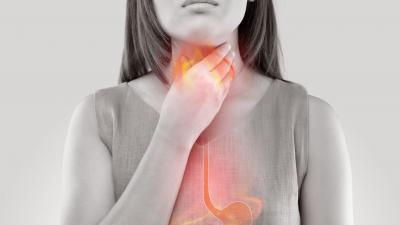Symptoms of food allergy can be mild or severe, sometimes even life-threatening. They can appear after some time, but also very quickly after eating an allergenic food, even within a few minutes or hours.
To diagnose food allergy, IgE antibodies are tested, which the human immune system may or may not produce in response to food components (food antigens). If IgE antibodies are produced, we count their amount. This is the so-called quantitative test.
Food intolerance, on the other hand, is an abnormal, chronic reaction of the body to certain foods.
The human immune system reacts to food by producing specific IgG antibodies, and it must produce more of them for poorly tolerated products. Excess antibodies in combination with allergens from intolerant products create the so-called immune complexes. They accumulate in various tissues and organs (skin, respiratory system, gastrointestinal tract, etc.) causing local or general chronic inflammation. The symptoms of intolerance depend on the place of the complex deposition, they are not acute and may be visible even several days after eating the given food. Therefore, long-term disease symptoms may be an underlying, undiagnosed food intolerance. A level of discomfort may vary depending on the body's ability to compensate for side effects caused by the build-up of immune complexes.
Test for food intolerances detects an excessive increase in the IgG antibodies level, observed in case of poor tolerance of eaten food. This is a qualitative test. It doesn’t show the number of antibodies - only in their relative dominance over antibodies for those foods that the body tolerates properly.
So, there is a fundamental difference between an allergy and a food intolerance. Sometimes the symptoms may overlap - in other cases they may vary. The same applies to the test results used /different type of antibodies are detected/.
The production of both IgG and IgE antibodies is a response of a human immune system to contact with a food antigen. Therefore, for the test to be credible, you should eat all the products you want to be tested for.
After receiving the test results, for all the questions about how to follow the diet, what products to include in the diet and which ones avoid, consult a doctor.


